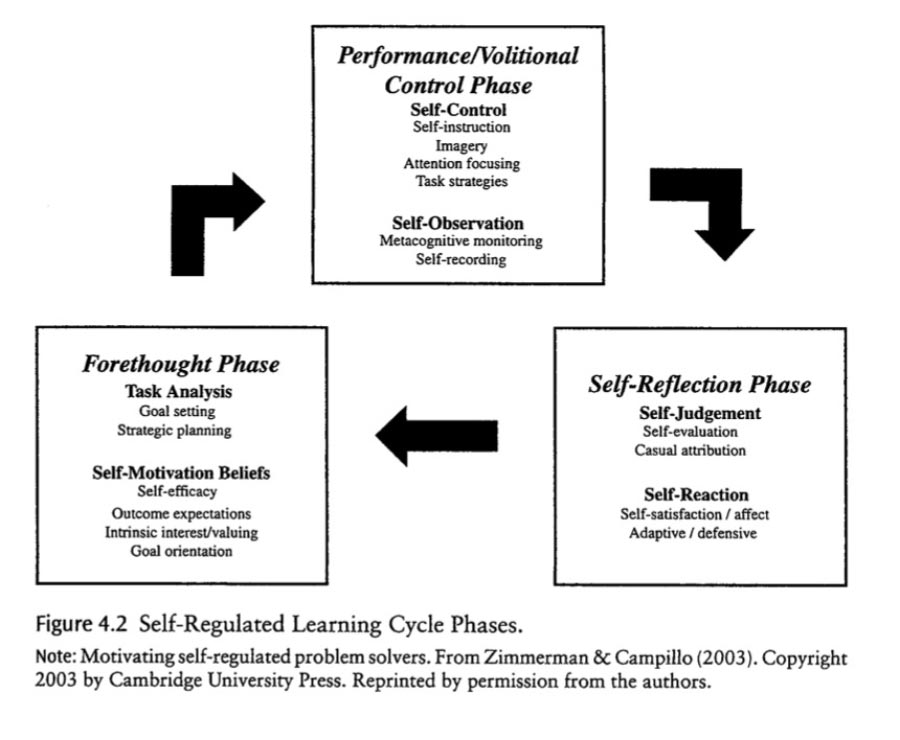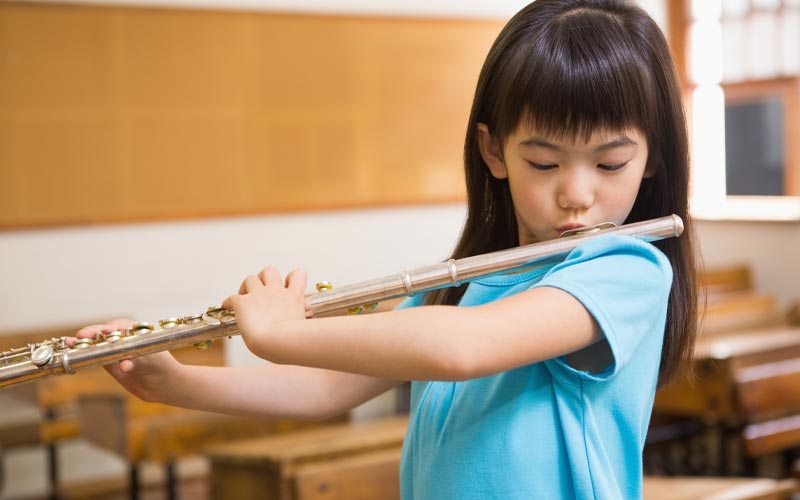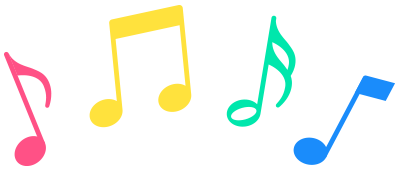The skill of self-regulation is crucial early and later on in life, as it provides numerous advantages for children and adults. Self-regulation is the ability to comprehend and manage behavior, emotions, and situations (Raising Children Network, 2016). This skill is important to develop in children for a number of reasons; it helps them listen while they are in the classroom, it strengthens social skills through controlling their impulses, and it manages stress as they learn to calm themselves down after having “big emotions” (Raising Children Network, 2016). Additionally, it is important for adults to also have well-developed self-regulation. Knowing how to self-regulate allows adults to identify emotions, to remain adaptable to change, and to be self-aware (Bradley University, n.d.). In short, it is vital for children and adults to be able to self-regulate, as it supports other important skills in various stages of life.
Given that self-regulation is so vital to a healthy happy life, encouraging its development is important. While the skill does evolve naturally for most individuals through normal life experiences, learning an instrument can encourage its development in a multitude of ways.
Self-regulation occurs in a cyclical process with three phases: forethought, performance, and self-reflection (McPherson & Zimmerman, 2011). Below is a diagram of the process that includes descriptions of each phase:

As depicted above, the cycle begins with the forethought phase. For a musician, this is the step when they set their goals for performance, and then make well-calculated plans for how they will achieve those goals (McPherson & Zimmerman, 2011). A real world example of this would be planning your practice schedule for the week with My Music Bridge. This is also the step that includes processes that occur prior to practicing or performing, and in turn affect learning (McPherson & Zimmerman, 2011). Following forethought is the performance phase, also known as the volitional control phase. This stage refers to the processes that happen during the student’s learning, and influence the student’s focus and performance (McPherson & Zimmerman, 2011). Lastly, the self-reflection phase occurs. During this phase, students form their opinions and reactions about their performance; they evaluate themselves and decide how satisfied they are with their performance (McPherson & Zimmerman, 2011). My Music Bridge offers some instant positive feedback with a reminder that they completed their task for the day, and rewards the student for showing effort, regardless of how proficient the results. This step then feeds right back into the forethought phase, as students’ reactions influence their efforts towards future learning and improvements (McPherson & Zimmerman, 2011), starting the whole process over again.
Much of what is required when learning an instrument appears in each of the three phases of self-regulation. As mentioned before, strategic thinking and planning are components of the forethought phase, and planning out a practice schedule would fall under this umbrella. However, this is far from the only benefit learning an instrument has on self-regulation. Research shows that playing music also improves metacognition, which occurs in the performance phase (McPherson & Zimmerman, 2011). Metacognition is an individual’s understanding of their own thoughts, which includes their learning process (McPherson & Zimmerman, 2011). For example, a student displays metacognition when they become aware of themselves learning, solving problems while practicing, or remembering a song (McPherson & Zimmerman, 2011). Playing an instrument develops metacognition because as students become more experienced musicians, they assess how much time they have to devote to learning new repertoire, what strategies they should employ to perform well, and what else they need to do to improve (McPherson & Zimmerman, 2011) (Barry and Hallam, 2002).
All things considered, musicians hone a major life skill during independent practice and performance. From increasing stress management to social skills, self-regulation is incredibly important for success both early and later in life. Given that playing an instrument encourages this important skill, those who have the desire to learn have a compelling reason to pursue their endeavors, and to start learning at a young age.
References
How to Teach Clients Self-Regulation Skills (n.d.). Bradley University.
McPherson, G. & Zimmerman, B. (2011). Self-Regulation of Musical Learning. ResearchGate.
Self-Regulation in Young Children (2016). Raising Children Network.




